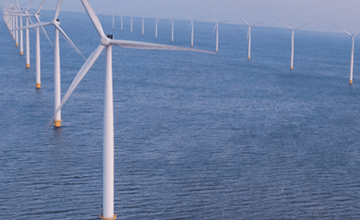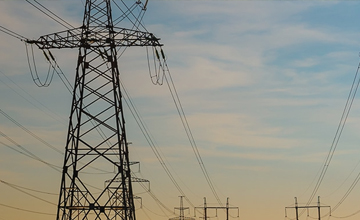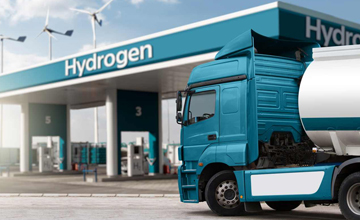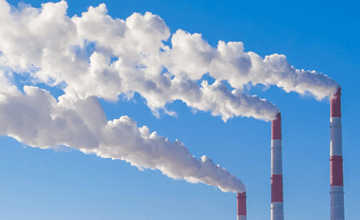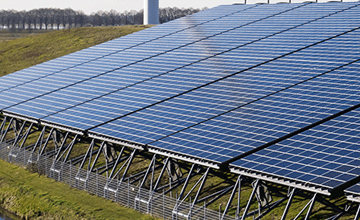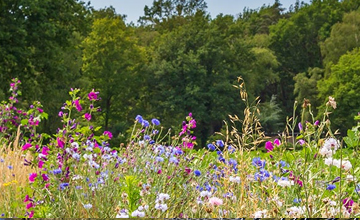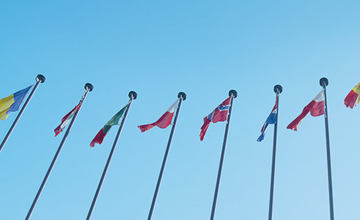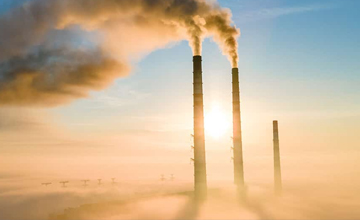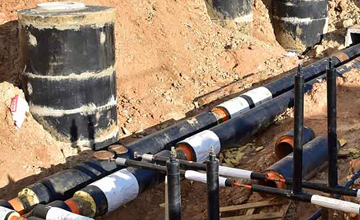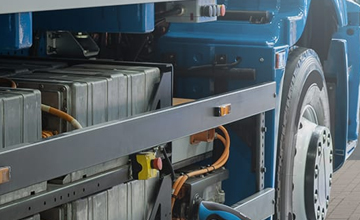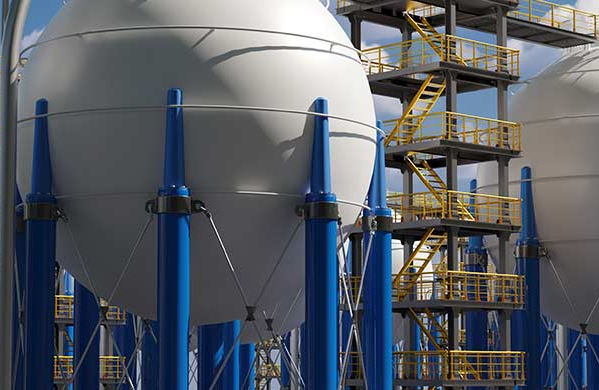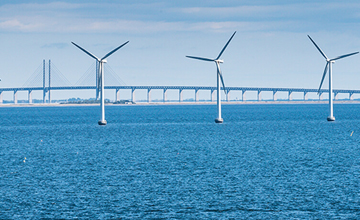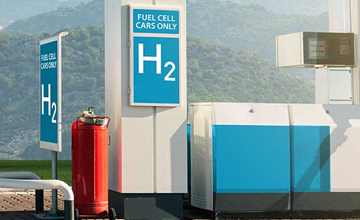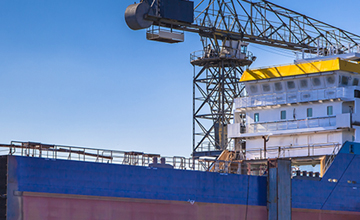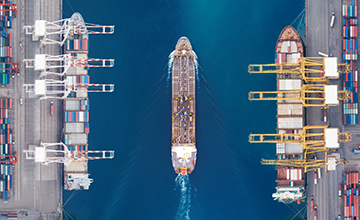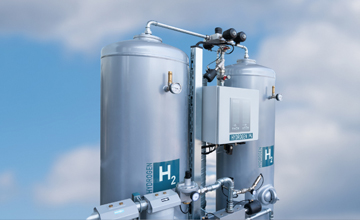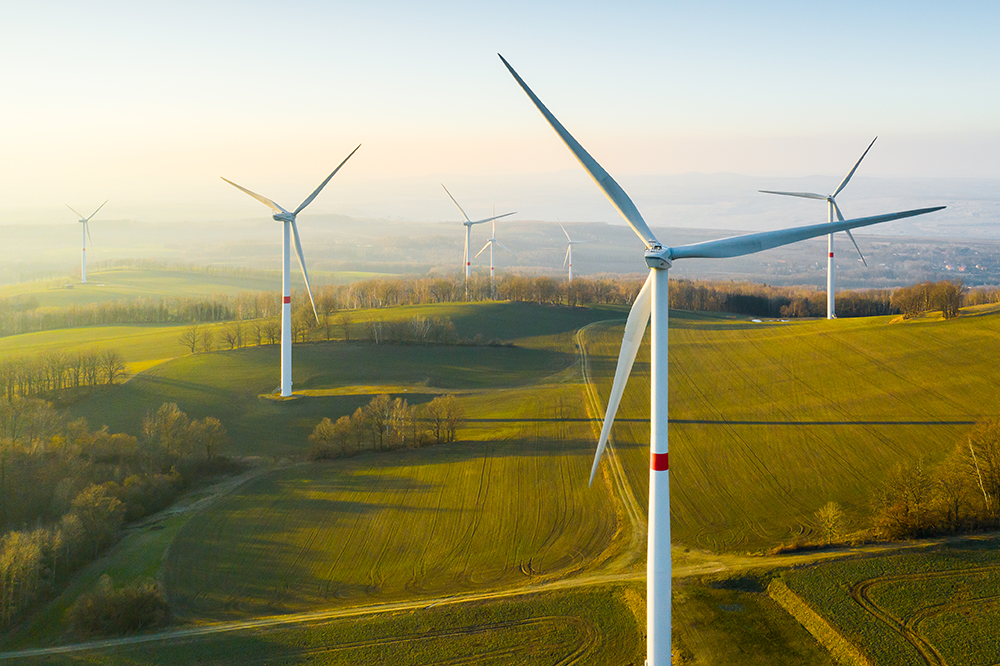grants
Whether it concerns the transition to sustainable energy, a circular economy or zero-emission mobility, there are many funding opportunities for companies and organisations that are active in this field. You will find more information about the ‘popular’ grants here. But there are many more grant schemes: regional, national and European. Would you like to know whether a grant is available for your activity or project? Please contact us, we will be happy to help you.
Filter by sector:
Energy Environment
European funding programme for the demonstration of innovative low carbon technologies
Energy Mobility
Connecting Europe Facility: grants to renew and improve European infrastructures
Energy Environment
Contribute to the European climate and environmental goals with your project
Energy Environment
A grant for Dutch entrepreneurs who want to take measures that are proven to reduce CO₂ emissions
Energy Environment
Dutch grant for the development of sustainable products and services for industry
Energy Environment
Investigate the feasibility of an innovative carbon-efficient pilot or demonstration project in the Netherlands
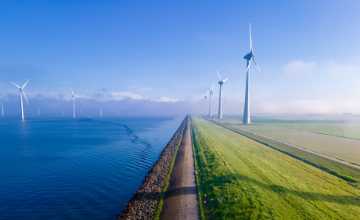
Energy Environment Mobility
Technical assistance for energy efficiency and renewable energy investments targeting buildings and innovative urban transport.

Energy Environment Mobility
Local, regional and national governments across Europe to develop and deliver better policy
Environment Mobility
